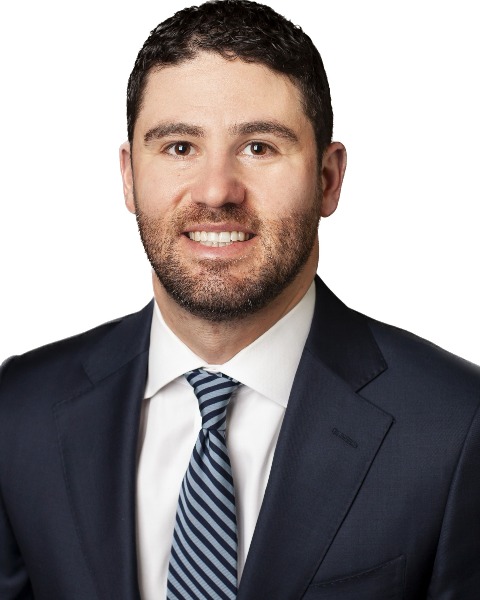Back
Introduction: Little is known about the rates of catastrophic healthcare expenditures among survivors of prostate and bladder cancer or the factors that place patients at highest risk for undue cost.
Methods: The Medical Expenditure Panel Survey was utilized to identify prostate and bladder cancer survivors from 2011-2019. Rates of catastrophic healthcare expenditures (out-of-pocket healthcare spending >10% household income) were compared between survivors of all urologic cancer, prostate cancer, and bladder cancer versus adults without cancer. Significant differences were further explored with multivariable logistic regression to identify risk factors for catastrophic expenditures, including models with interaction terms for race, income, and insurance status.
Results: Among 2,620 urologic cancer survivors, corresponding to a weighted national estimate of 3,251,500 patients after application of survey weights, there were no significant differences in catastrophic expenditures among patients with prostate cancer compared to adults without cancer. Patients with bladder cancer had significantly greater rates of catastrophic expenditures (12.75% versus 8.33% with and without cancer, respectively, p=0.0273). Significant predictors of catastrophic expenditures in bladder cancer survivors included older age, comorbid illnesses, lower income, retirement, poor health status, and private insurance (Table 1). Among white patients, a bladder cancer diagnosis was not associated with increased odds of catastrophic expenditures (9.18% vs. 8.65%, OR 1.08, 95% CI 0.742 - 1.578), while in Black patients bladder cancer was associated with significantly increased odds of catastrophic expenditures (19.49% vs. 5.14%, OR 6.41, 95% CI 1.28 – 32.01, Figure 1).
Conclusions: Bladder cancer survivorship is associated with a significant ongoing risk of catastrophic healthcare expenditures, particularly among Black patients. Interventions to mitigate disparities in the burden of cost should account for these differences in risk. SOURCE OF
Funding: None


Moderated Poster Session
Session: MP39: Health Services Research: Value of Care, Cost & Outcomes Measures
MP39-14: The Risk of Catastrophic Healthcare Expenditures among Prostate and Bladder Cancer Survivors in the United States
Saturday, April 29, 2023
1:00 PM – 3:00 PM CST
Location: S404C

Benjamin V. Stone, MD
Mass General Brigham
Poster Presenter(s)
Introduction: Little is known about the rates of catastrophic healthcare expenditures among survivors of prostate and bladder cancer or the factors that place patients at highest risk for undue cost.
Methods: The Medical Expenditure Panel Survey was utilized to identify prostate and bladder cancer survivors from 2011-2019. Rates of catastrophic healthcare expenditures (out-of-pocket healthcare spending >10% household income) were compared between survivors of all urologic cancer, prostate cancer, and bladder cancer versus adults without cancer. Significant differences were further explored with multivariable logistic regression to identify risk factors for catastrophic expenditures, including models with interaction terms for race, income, and insurance status.
Results: Among 2,620 urologic cancer survivors, corresponding to a weighted national estimate of 3,251,500 patients after application of survey weights, there were no significant differences in catastrophic expenditures among patients with prostate cancer compared to adults without cancer. Patients with bladder cancer had significantly greater rates of catastrophic expenditures (12.75% versus 8.33% with and without cancer, respectively, p=0.0273). Significant predictors of catastrophic expenditures in bladder cancer survivors included older age, comorbid illnesses, lower income, retirement, poor health status, and private insurance (Table 1). Among white patients, a bladder cancer diagnosis was not associated with increased odds of catastrophic expenditures (9.18% vs. 8.65%, OR 1.08, 95% CI 0.742 - 1.578), while in Black patients bladder cancer was associated with significantly increased odds of catastrophic expenditures (19.49% vs. 5.14%, OR 6.41, 95% CI 1.28 – 32.01, Figure 1).
Conclusions: Bladder cancer survivorship is associated with a significant ongoing risk of catastrophic healthcare expenditures, particularly among Black patients. Interventions to mitigate disparities in the burden of cost should account for these differences in risk. SOURCE OF
Funding: None


